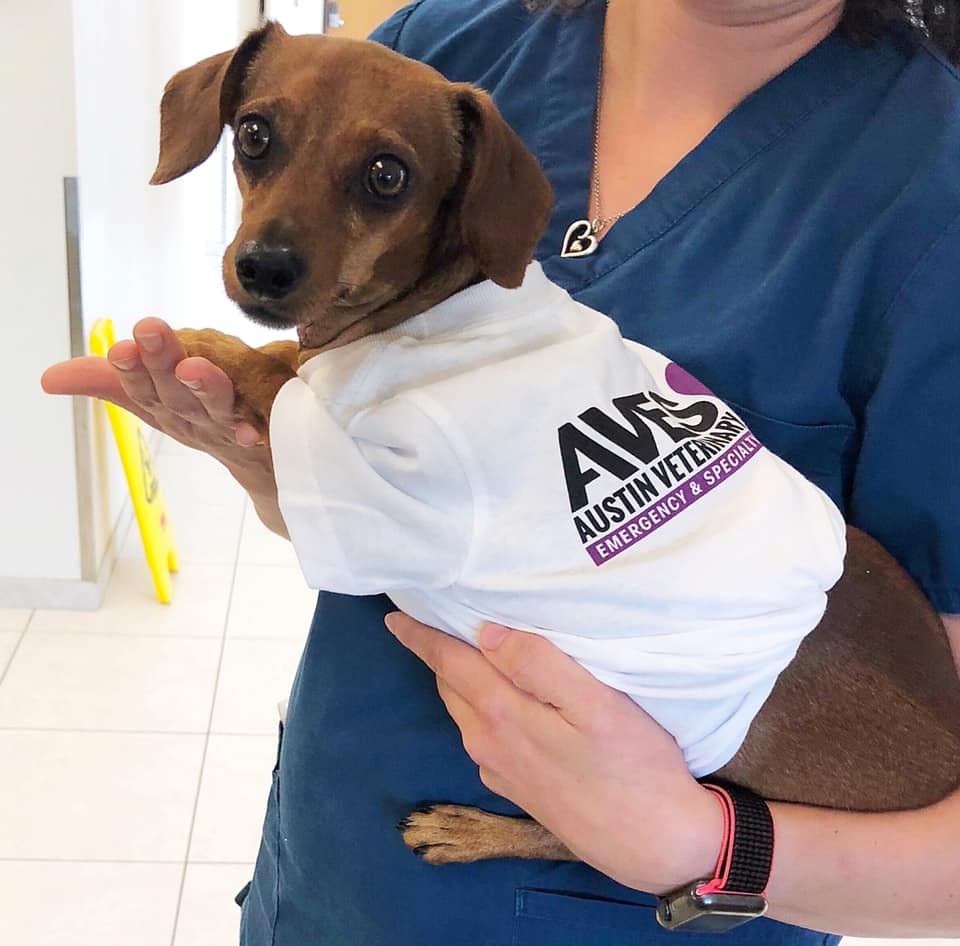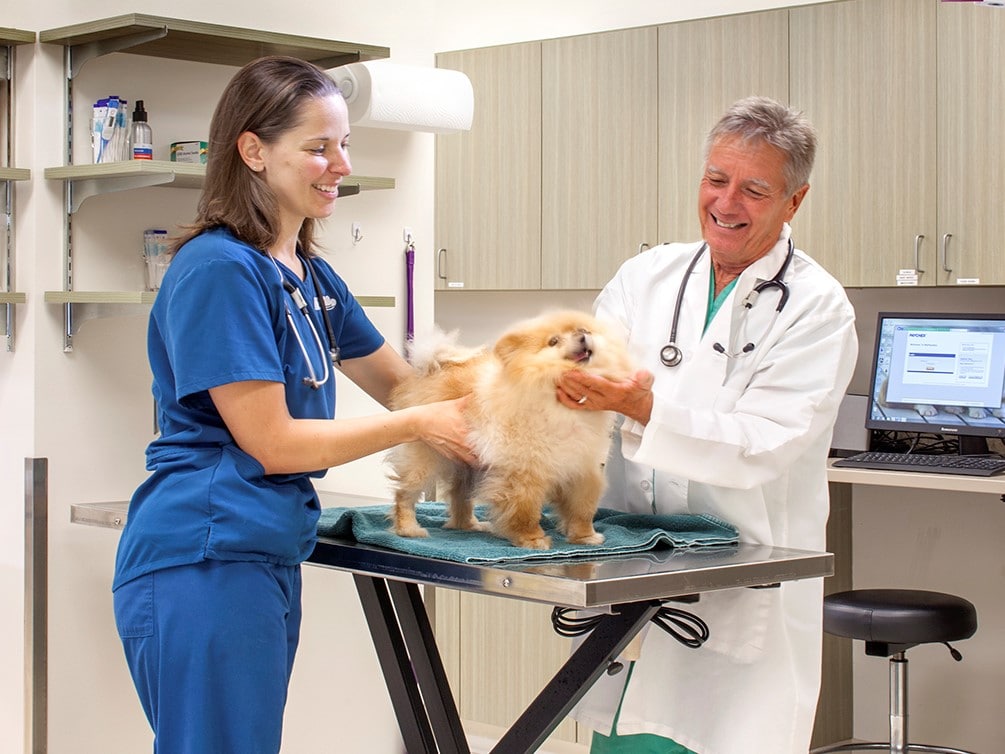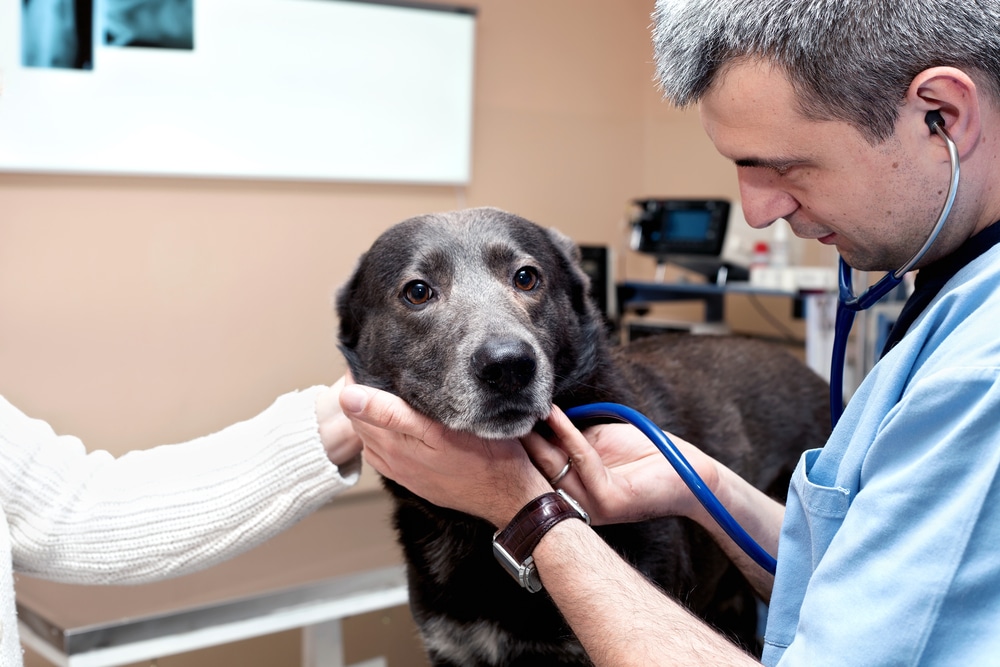What to Expect if Your Pet Needs Chemotherapy
A pet’s cancer diagnosis can be devastating, but many treatment options are available that can increase your pet’s quality of life, give you more time with her, or possibly cure her cancer. After your pet’s cancer is diagnosed, Austin Veterinary Emergency and Specialty Center’s oncology department can offer options for treatment and work with you [...]










